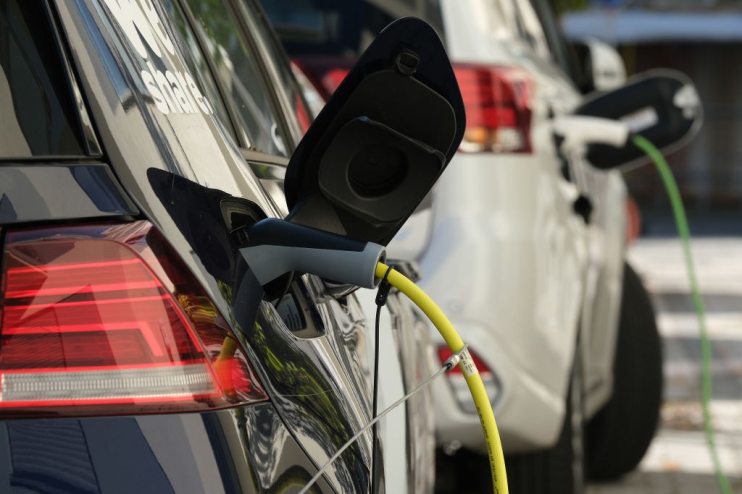Local authorities putting the brakes on electric car charger rollout, industry warns

Local authority bureaucracy is causing delays of up to a year in rolling out electric car charge points, industry figures have warned.
“We’re getting caught up in red tape… which is stopping us deploying thousands more charges today,” Ian Johnston, head of the newly formed trade association ChargeUK, told City A.M.
To build and operate rapid charging hubs, providers must seek planning permission from local authorities, but Johnston said that seeking approval from local authorities was causing delays of “up to a year.”
James Court, chief executive of EVA England, the trade association for electric drivers, described local authorities as “a nightmare.”
We need a “sea change in how local councils react to charging, parking and planning,” he told City A.M., adding that “either local councils get better in this area, or we’ll need central government to step in.”
Scotland recently relaxed planning regulations for installing charging infrastructure and Johnston argued that similar policies must be extended to England and Wales “so we can get these projects through the system quicker.”
The sector is currently awaiting the outcome of a consultation that could enable local authorities in England and Wales to appoint charge point providers to install public EV charge points on their behalf, without seeking permission.
But even after gaining planning permission, developers must still get permits from Distribution Network Operators (DNOs) – companies licensed to distribute electricity from the national grid – to run power through and switch the site on.
Johnston told City A.M. that he expects numerous built sites to be left switched off in the coming year, as charging companies wait for permission from grid operators to run electricity through.
“There are thousands of chargers where the grid is secured and paid for but it’s a question of the human beings being available to stamp the permits in the grid offices and actually go to site and flick the switch,” he said.
“What you’re going to see through the second half of this year is more and more photos of charging sites that have been built but are sat there not yet being turned on,” he said.
“In a situation where everyone is crying out for more chargers, they will be built, they will be installed but they won’t be turned on because of delays in the grid operator,” he added.
Lawrence Slade, Chief Executive, Energy Networks Association, which represents the UK’s energy network operators, said the the sector was “already taking significant steps to address the short-term issues.”
“Longer-term investment combined with holistic planning reform is essential so that the networks can continue providing a solid foundation to our net zero future,” he added.